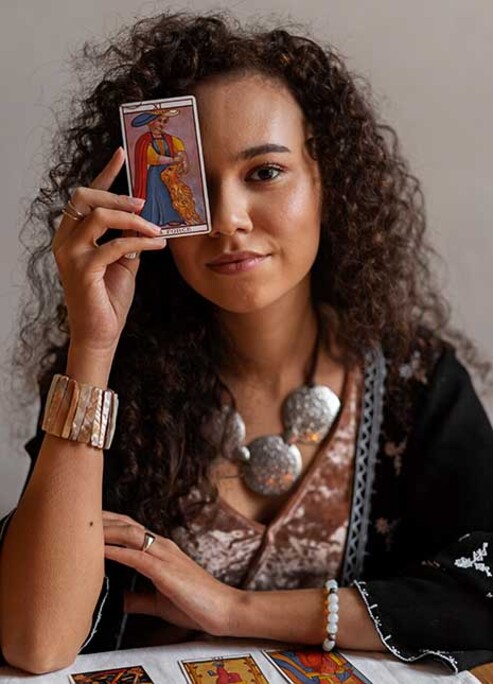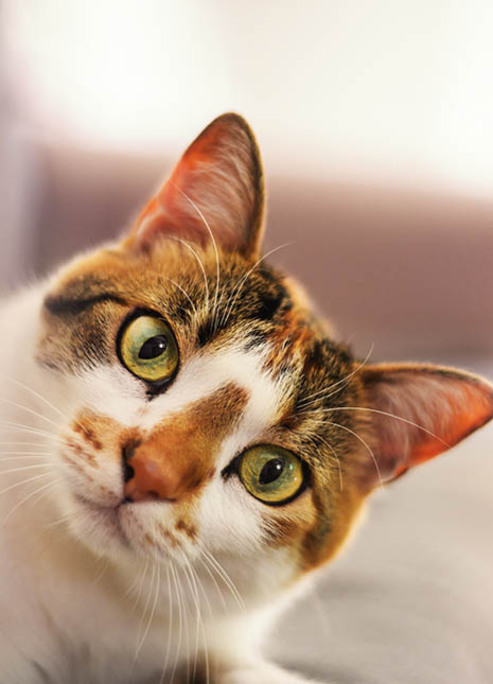
Myth Busters: The Truth About Intuitive Eating
Listen to your body.
So, what is intuitive eating?
The term intuitive eating was coined by two dieticians, Evelyn Tribole and Elyse Resch, in 1995, exploring a non-diet approach to health which relies on your bodies hunger cues. The basic idea is that you eat when you’re hungry and stop when you’re full. The aim of this is to allow people to make peace with food, reducing body image anxiety and feelings of guilt that may arise after eating. Tribole and Resch created ten guiding principles to follow, which include respecting your body and challenging the ‘food police’ - the thoughts in your head which deem certain foods to be “good” and others to be “bad.” Despite the guidelines, there’s still a lot of scepticism surrounding intuitive eating due to it being a non-traditional approach, so we’re going to bust five of the most common myths surrounding the non-diet.
Myth: Intuitive eating can be used for weight loss
Some of the ideas behind intuitive eating, such as checking your hunger cues, or curbing mindless overeating, have been adopted by diet culture in a bid to control one’s hunger. However, intuitive eating rejects the diet mentality, and one of the main aims is to develop a better relationship with one’s body and food.

Myth: Intuitive eating means that you eat junk food all the time
Intuitive eating discourages restricting food, therefore people often assume that you’ll end up eating junk. However, research shows that when you’re exposed to a particular food enough, you’ll desire it less because the brain won’t consider it a novelty. Even if you were to eat junk all the time you would soon become sick of it.
Myth: There is no structure to intuitive eating
Despite having fewer restrictions than a traditional diet, intuitive eating relies on a “flexible structure,” guided by your body’s natural cues. Once you start to listen to the rhythm of your body, you’ll form a structure of sorts.

Myth: Intuitive eating is only instinct
The non-diet method is not only about listening to your natural hunger cues but about expelling the negative emotions that may surround eating due to diet culture. For example, if your body is telling you that it wants carbs and your mind starts berating you for it, noticing that disconnect is part of intuitive eating. It’s important to challenge those negative emotions to develop a healthier relationship with food.
Myth: You cannot learn how to eat intuitively
Our relationship with food is highly impacted by the way our mealtimes are handled in our younger years. Whether we are raised in a restricted environment in regards to sweet treats, or a relaxed one, certainly makes a difference. However, it’s never too late to learn to eat intuitively. We are all born natural intuitive eaters, as a baby we cry when we are hungry, eat and then stop when we are full. It’s about retraining ourselves and doing away with the restrictions put in place by diet culture.











